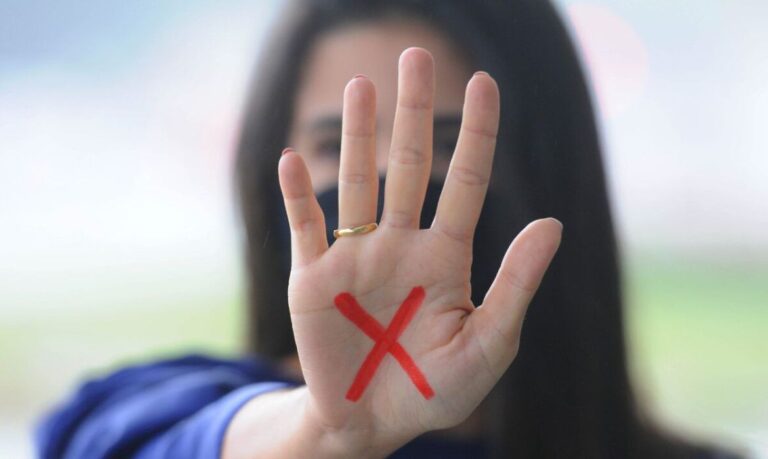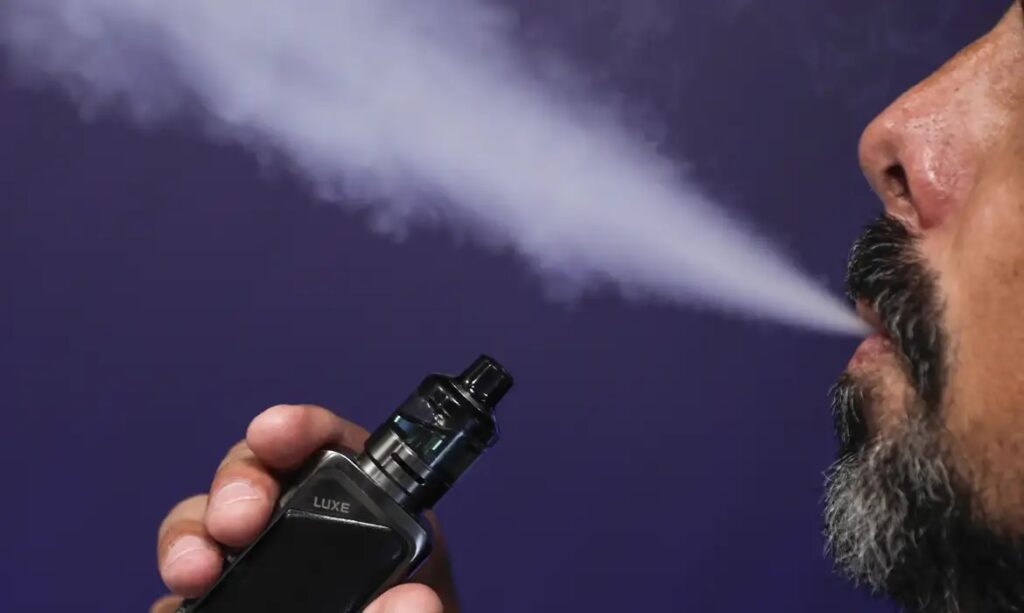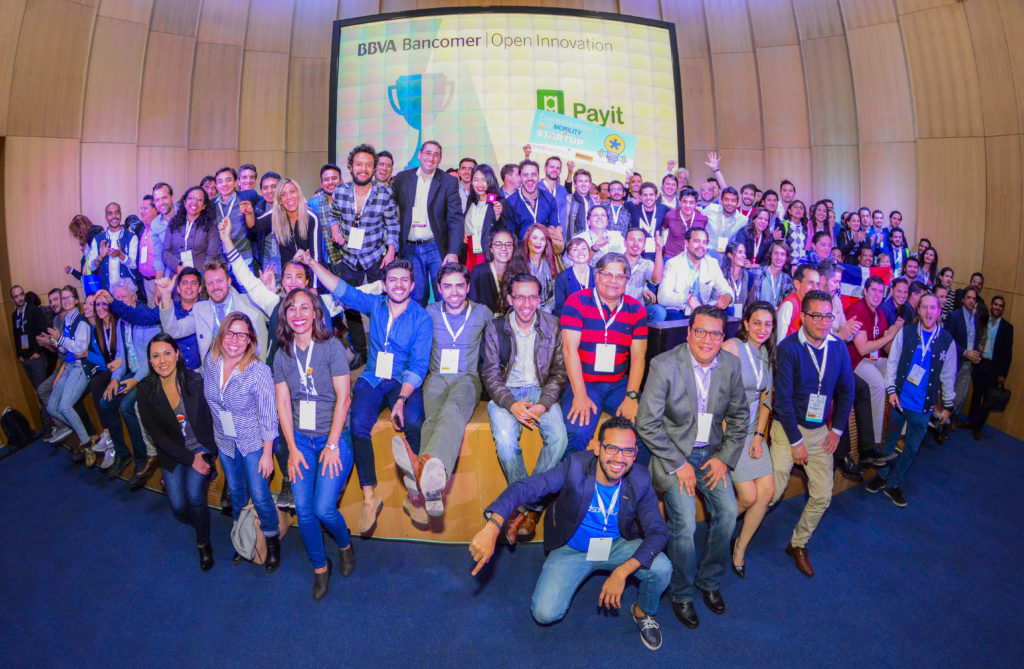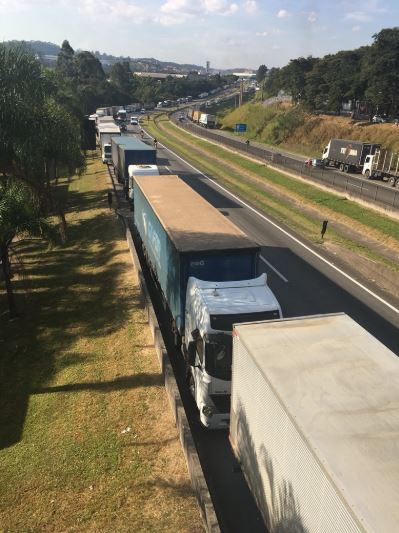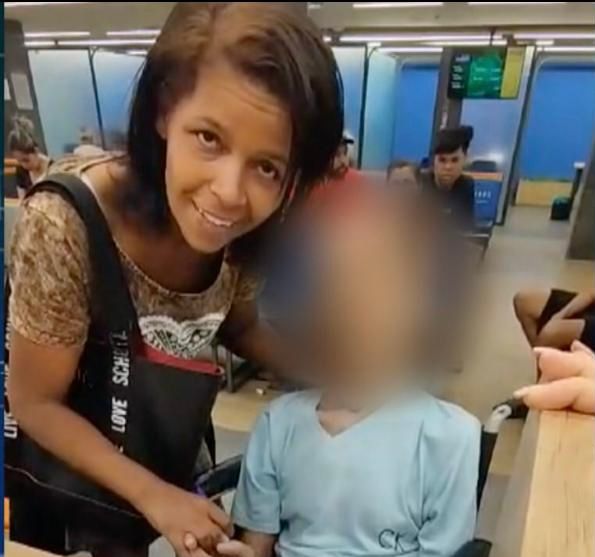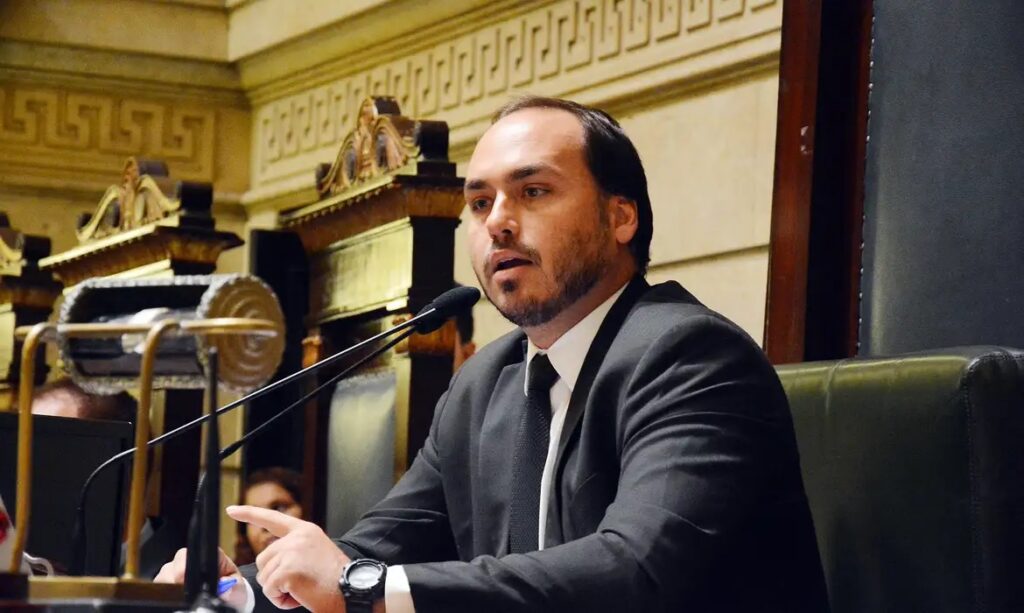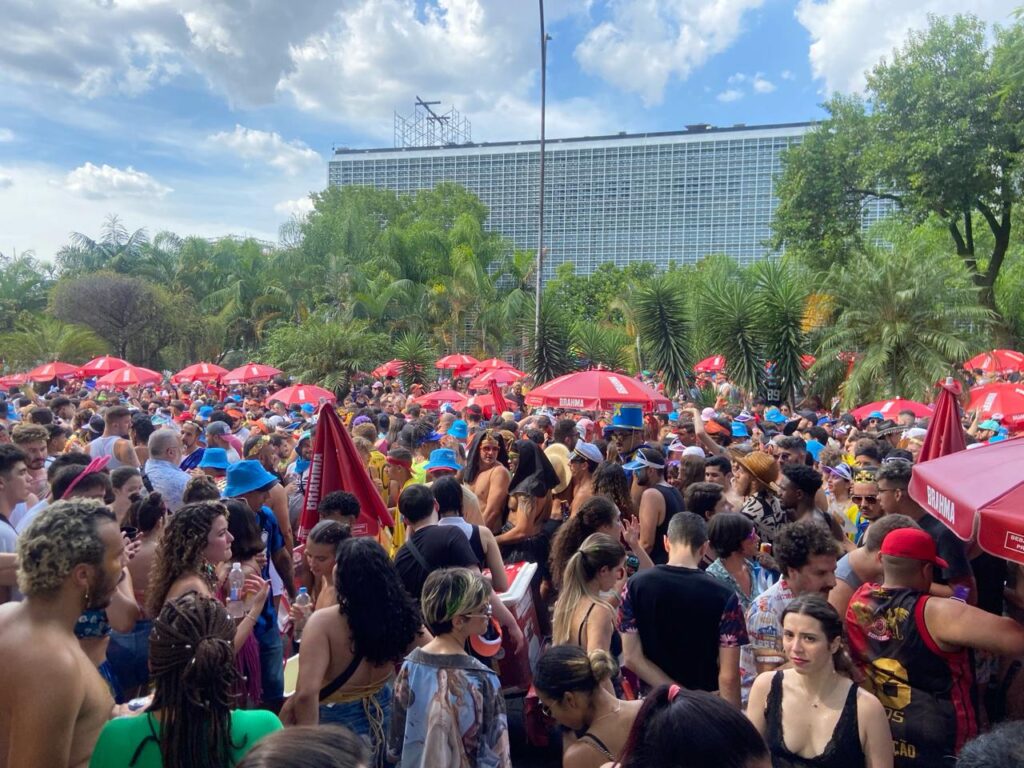São Paulo, Brazil – Eight people are raped every hour in Brazil, according to a new study from the Brazilian Public Security Forum, an NGO that gathers information on crime in Brazil. In 2022, the country recorded its highest number of reported rape cases in its history, 74,930, an 8.2% increase from 2021.
The researchers believe the actual number of cases to be much higher, as they say that only 8.5% of rapes are reported to authorities.
Also troubling, the NGO reported that six out of 10 victims of reported rapes are 13 years old or younger. In Brazil, the age of consent is 14, thus any sexual act by an adult with an underage person is a crime, and can carry a sentence of eight to 15 years in prison.
According to the study, 61% of rape victims were under 13 years old and 10.4% of these were newborns or infants up to four years of age; 17.7% were between five and nine years old, and 33.2% were between 10 and 13 years old.
The increase in the number of reported rapes from 2021, according to the NGO, may be due to schools reopening after the pandemic. Most Brazilian schools resumed in-person classes between February and August 2021.
“It is common to hear reports from education professionals, or even police officers, who indicate that it was a teacher who noticed differences in the child’s behavior and first learned about the abuse,” the researchers said.
Schools play a crucial role in helping uncover incidents of violence and sexual abuse, said the NGO, especially by educating children about what constitutes sexual abuse, and ways they cay protect themselves.
“It’s common that the child does not even have the capacity to recognize the abuse, whether due to lack of knowledge about the subject or by the relationship with the aggressor. This is because it is understandable that the child has some feeling of love or even loyalty for the aggressor, since in general abuse is perpetrated by family members,” added the researchers.

Who are the aggressors?
According to the study, 82.7% of the abusers reported were known to their victims, and just 17.3% were unknown, signifying that much of the abuse comes from family or friends close to the victim. In the case of children 13 and under, the main abuser was a family member in 64.4% of cases and 21.6% were known to the victim, but not a relative.
For victims of rape 14 years and older, most of their abusers were family members (37.9%), as well as partners or former partners (24.4%), followed by unknown acquaintances (15%).
The victim’s home is often the site of most reported rapes in Brazil, with 68.3% of victims reported being raped where they live. This may have been exacerbated during the pandemic.
According to Juliana Brandão, a researcher at the Brazilian Public Security Forum, it’s hard to point to a single cause for the increase in reported rape cases in 2022.
“The increase in numbers is, in fact, an increase in reports, because rape is a crime that, by its nature, has a lot of underreporting,” she told Agência Brasil, highlighting that “victim empowerment” and awareness campaigns encourage victims to go to the police and report the rape, which is reflected in the study.
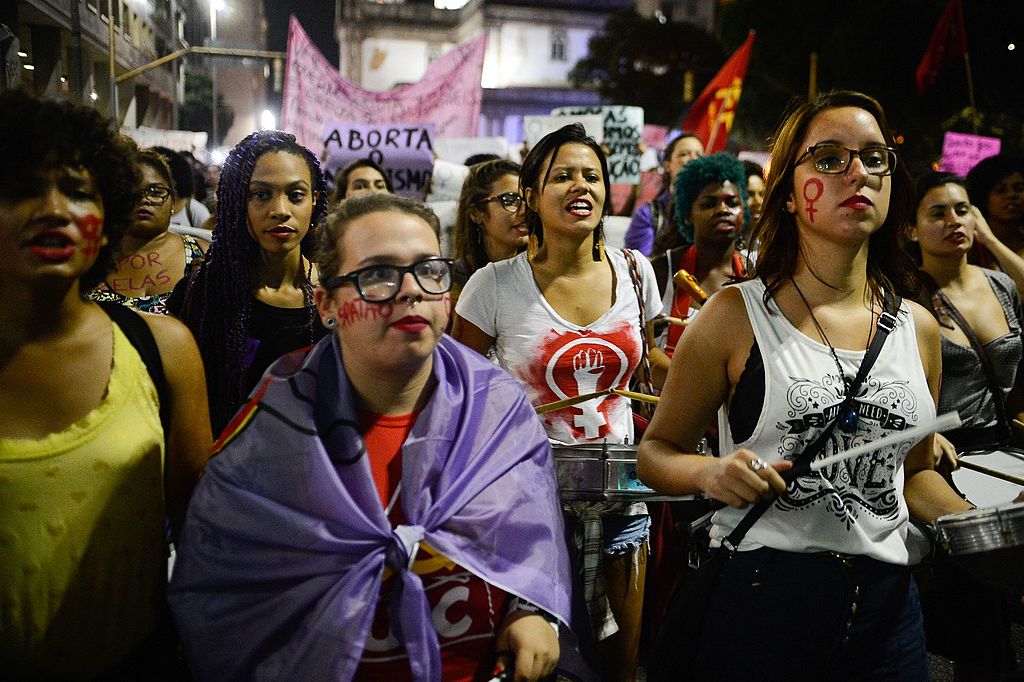
Other forms of violence
The study also highlighted an increase in other forms of violence against women. Cases of sexual harassment grew by 49% in 2022. Violent deaths, known as femicide, increased by 6%. In 2021, 1,347 women were killed, and in 2022, there were 1,437 women murdered. Reports of domestic violence also increased from 237,659 in 2021 to 245,713 in 2022.
The NGO’s study points to a troubling, “very significant growth” in crimes against women, from harassment, to rape, to femicide.
“The world is still very difficult for women, who have to overcome difficulties and obstacles on a daily basis, in all spaces and social relations.”


